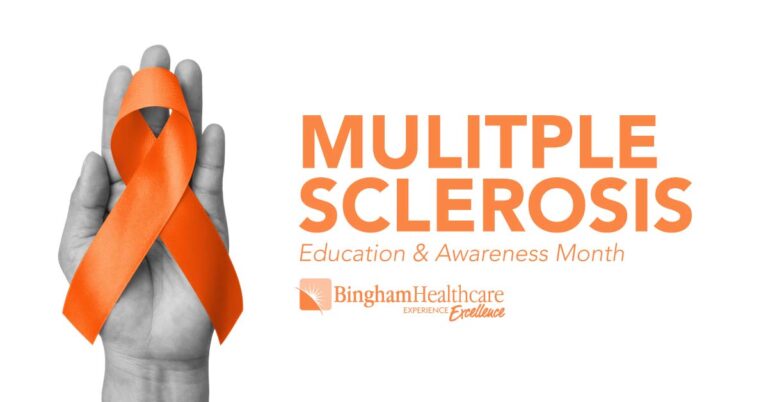
Keeping Your Gut in Check Part II
Part II: Gas & Bloating
Trusting your gut and how to decipher the messages your body is sending.
We have a lot of good, healthy bacteria that live in our intestines. And really, this good bacteria does so much for us that we take it for granted—until something goes wrong. If your gut bacteria is not doing what it’s supposed to, you won’t be able to digest food properly and get the daily nutrients you need, your body won’t get rid of harmful toxins, and your hormones won’t balance properly.
“The gut is often referred to as the second brain because it has so much to do with brain function,” says David J. Bilstrom, MD—the Director of the Bingham Memorial Center for Functional Medicine and International Autoimmune Institute. “The gut is an organ of production. Our guts create serotonin (a feel-good neurotransmitter) and it also produces the hormone insulin, which helps to control our blood sugar. The gut controls so many things.”
If your serotonin levels aren’t balanced, you could experience depression, and if your insulin levels aren’t right, this could lead to prediabetes or even type 2 diabetes. When your good-gut bacteria isn’t functioning properly, this can also turn into gas and bloating. However, this could also be a red flag that something more serious is wrong.
If uncomfortable digestive symptoms are disrupting your daily activities (or are just a pain in the you-know-what), read on to learn what they may indicate and how you can find relief. Dr. Bilstrom provides a general guide as to what your gas and bloating symptoms might mean and which demand a prompt visit with your doctor.
SYMPTOM: GAS & BLOATING
What is it? Totally normal. “Everyone passes gas,” Dr. Bilstrom says. “As a matter of fact, most people pass gas up to 10 times a day. But it shouldn’t cause pain and it should pass normally.” When gas doesn’t pass through the system normally, it gets caught, resulting in bloating.
What could it mean: Gas often results from eating certain foods, but smoking, stress, irritable bowel syndrome, celiac disease (a gluten intolerance), lactose intolerance, and gastrointestinal blockage or infection are also contributors. But it can be a red flag for more serious and rare conditions.
What you should do? Reduce or eliminate foods that continually cause excess gas, such as beans, broccoli, brussels sprouts, cabbage, soda, cauliflower, and, yes, even gum. Chewing gum causes you to swallow more often, hence, taking in extra air. In addition, artificial sweeteners, such as sorbitol that is found in some gums, can give you gas.
Call your doctor: “If you have a concern about bloating,” Dr. Bilstrom says. “It’s fair to seek out medical attention as soon as you can. Even if it’s not life-threatening, it can affect the quality of your life.” Also, if you experience regular discomfort, talk with your physician to rule out lactose intolerance, food sensitivities, or celiac disease—an autoimmune disease.
GUT CHECK
David Bilstrom, MD, is the Director of the Bingham Memorial Center for Functional Medicine & International Autoimmune Institute, which is the first medical center in the country to treat all types of autoimmune diseases. It is also the first to use nature, and its ability to improve human health and well-being, as an integral part of a wellness program.
Dr. Bilstrom works closely with experts in a number of medical specialties to evaluate, diagnose, and treat chronic and autoimmune diseases. He is always welcoming new patients at his office within the Bingham Specialty Plaza in Blackfoot. Appointments can be scheduled by calling (208) 782-2444.
Taking the mind, body, and spirit into consideration, Dr. Bilstrom understands firsthand the benefits integrated medicine can provide to patients. He is quadruple board certified in Functional and Regenerative Medicine, Integrative Medicine, Physical Medicine and Rehabilitation, and Medical Acupuncture.He has extensive experience in Anti-Aging & Regenerative Medicine, Acupuncture, Integrative Medicine, and Complementary and Alternative Medicines.
OFFICE LOCATION
Bingham Specialty Plaza
326 Poplar Street
Blackfoot, ID
T: (208) 782-2444 | www.BinghamMemorial.org/Functional-Medicine



